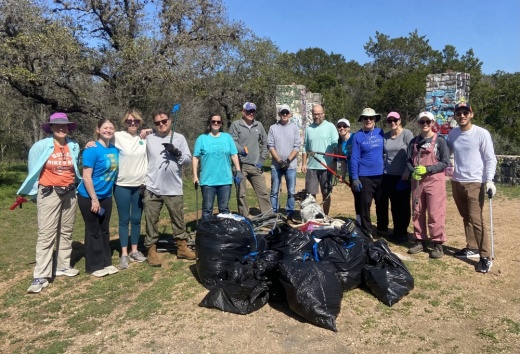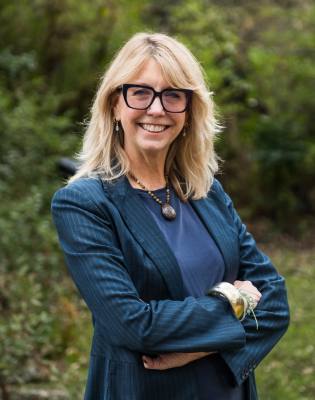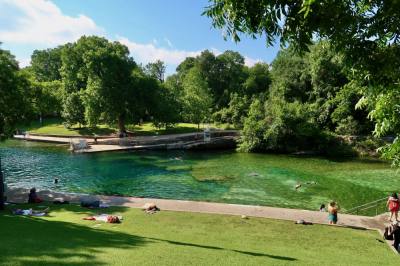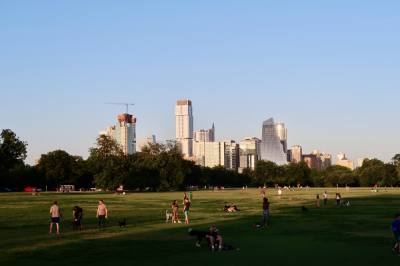Editor's note: This story was updated to reflect that stabilization of Barton Creek's bank is an ongoing goal for Zilker 351.
Challenges faced by Zilker Park are being addressed by nonprofit stewardship group Zilker 351, led by Executive Director Fleetwood Jacobs, who was appointed in January.
The background
The organization was originally formed in 2023, in response to the city of Austin’s Zilker Metropolitan Park Vision Plan, which aimed to guide future development of the park. Though that plan was eventually scrapped by Austin City Council, representatives of 16 organizations tied to the park, who sit on Zilker 351’s advisory board, have continued to advocate for various environmental and social initiatives relevant to the park.
The park is just one of over 300 public parks owned by the city of Austin’s Parks and Recreation Department, or PARD. In order to ensure that issues related to the park remain a high priority for the city, Zilker 351 works with PARD to address improvements.
“Zilker 351 was formed to care for the ecological health of the park, and another aspect of our mission is to ensure that the park is welcoming for every member of the community,” Jacobs said.
Members of the organization include the ABC Kite Festival, Austin Parks Foundation, Barton Springs Conservancy, Girl Scouts Zilker Cabin and Zilker Theatre Productions, among others.
What they do
One example of park improvements proposed by Zilker 351 relates to the Pecan Grove picnic area. Members of Zilker 351 noticed that a culvert running from the picnic area to the park was dumping polluted runoff into Barton Springs, Jacobs said.
To solve the problem, Zilker 351 recommended turning the Pecan Grove picnic area into a native tree grove, which would absorb runoff from the nearby parking lot and filter it before it could run into the creek. The city recognized the project’s importance and is currently addressing it as a maintenance project, Jacobs said.
Additionally, the nonprofit is assisting the city with invasive species removal, which will begin in October, with Zilker 351 assisting with funding and management for the project, Jacobs said. Stabilizing the bank of Barton Creek is another goal listed by the organization, as erosion has posed safety issues to park visitors, Jacobs said.
In addition to environmental improvements, the organization is currently seeking to address access, equity and inclusion, as listed in its Goals and Projects for 2025, available online.
“There’s some racism and some not-so-proud moments of Zilker Park. ... We would really like to tell those stories,” Jacobs said.
The organization has discussed creating a viewable timeline of the park, including historical videos, photos, and interviews.
“[We want to tell] the real story of Zilker Park so that hopefully we can recognize past inequities and injustices and heal any kind of generational wounds that prevent people from coming to the park today,” Jacobs said. “At the same time, we would like to really uncover through community conversations what current barriers to access are so that we can move forward and create a more welcoming park.”
What’s next?
As the organization continues to develop, the focus of Zilker 351 will remain on creating programming that is equitable, educational and accessible for all community members, and tying these efforts to the ecology of the park, Jacobs said.
“[Zilker Park is] like a little microcosm of a greater importance and need, and so [we would like to] really tie all those things together and make it a true, healthy, exemplary community space,” Jacobs said.
Jacobs stated that the organization’s guiding principles are inspired, in part, by Zilker Park’s original property owner, Andrew Zilker, who stated that “Zilker Park ought to belong to all the people of Austin.”








